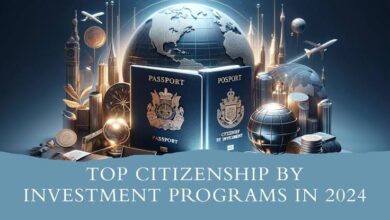Digital advertising has transformed the marketing landscape in unprecedented ways. Every click, scroll, and search represents a potential touchpoint for brands to engage with their audience. Within the digital ad space, white label ppc has emerged as a powerful tool for agencies and brands. But as we race forward, what are the trends shaping its future?
White Label PPC: A Primer
Before we investigate the future, it’s crucial to understand the present. PPC, or pay-per-click, is an advertising model where advertisers pay a fee each time one of their ads is clicked. White label marketing involves a third-party service or product that is rebranded and sold as if it were the marketer’s own. White label PPC, then, is when a marketing firm outsources its PPC management to a white label provider who delivers the service under the agency’s brand.
This model offers numerous advantages, including expanded service offerings for agencies, reduced in-house workload, and expert PPC management for businesses who might not have the resources to develop PPC expertise internally.
Automation and AI Integration
The first and most compelling trend in white label PPC is the increasing integration of automation and AI technologies. With the volume of data and complexity of ad targeting, AI is becoming an indispensable tool. It allows for smarter bidding strategies, real-time ad adjustments, and advanced targeting capabilities.
The allure of AI in white label PPC lies in its ability to analyze trends and deploy optimizations that would be impossible for a human team to perform at scale. However, the challenge will be ensuring that AI doesn’t hamper the creativity and flexibility that characterizes PPC management. The future of white label PPC will thus be shaped by a delicate balance between human insights and machine-driven efficiency.
Personalized Ad Experiences
Consumers are more advertising-savvy and demand more relevance from the marketing messages they encounter. For white label PPC providers, the next frontier is implementing hyper-personalization in ad strategies. By leveraging data from various touchpoints, ads can be tailored to individuals, creating a more personalized and engaging experience.
This level of customization will require white label PPC services to not only have robust data analytics capabilities but also a deep understanding of consumer behavior and the dynamic shifts within market segments. The providers that can deliver these personalized experiences at scale will set the benchmark for the industry.
Integration of Multi-Channel Campaigns
The consumer’s path to purchase is no longer linear, and neither should the advertising strategy be. The future of white label PPC will see a rise in integrated multi-channel campaigns where PPC is not a standalone service, but a part of a broader, cohesive marketing strategy.
This integration will demand a more holistic approach to advertising, with white label PPC providers working in tandem with other marketing services such as SEO, content marketing, and social media. Such cooperation is essential for effective audience targeting, message consistency, and an increased understanding of the consumer’s digital ecosystem.
Looking Ahead
The future is bright for white label PPC. With the right innovations and foresight, this model will continue to drive value for advertisers and consumers alike. However, providers must stay nimble and continually adapt to the changing digital landscape.
For clients, the key is to identify white label PPC partners who not only keep up with emerging trends but also have a vision for what comes next. It’s a partnership between foresight and execution that will define the future of digital advertising, and white label PPC has a significant role to play in it.




